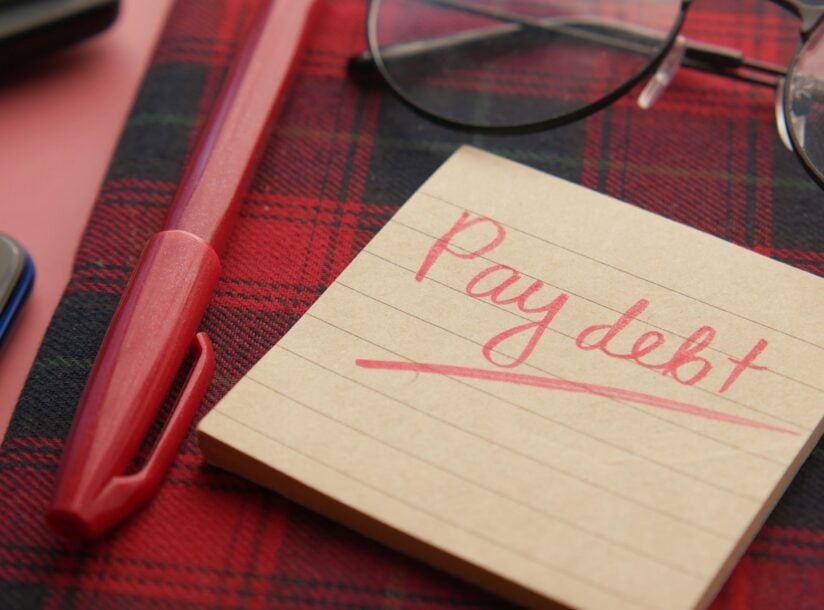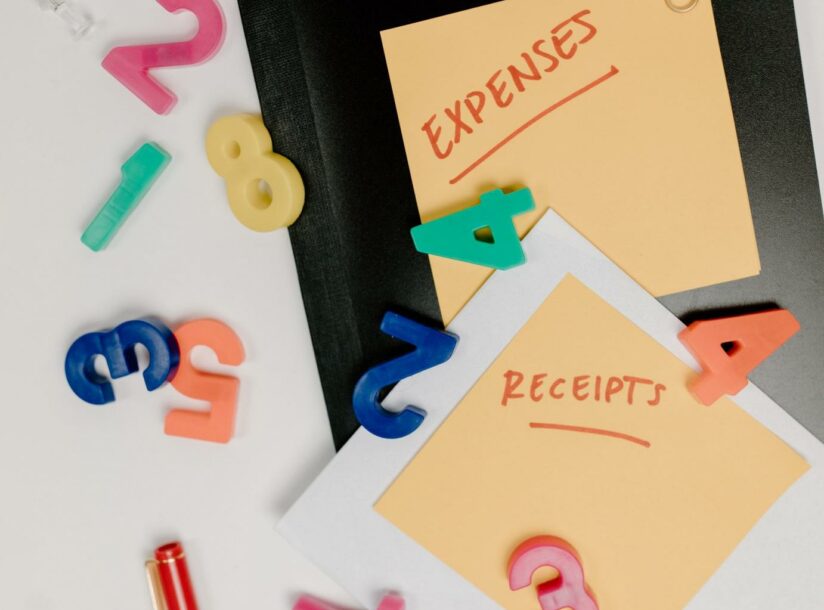4 Tips to Avoid Debt

It’s Financial Literacy Month and we’ve been spending a lot of time talking about how to avoid debt. But taking on debt doesn’t necessarily mean that you’re in trouble financially. If you thoughtfully and purposely take on debt to achieve a life goal like buying a home, going back to school, or starting a small business, it can be very beneficial to your overall financial health. As long making the debt payments fits within your budget, taking on debt can help you strengthen your credit rating and build strong financial habits.

Now, back to avoiding debt! There are many situations where you need to avoid debt at all costs. Credit card debt and Payday loans are some top examples of this. The interest rates on these types of debts are incredibly high and if you can only afford to make your minimum payments, you could very quickly rack up some very costly interest payments which can lead to falling behind on payments, impact your ability to pay other important fixed costs, damage your credit score, and ultimately get you caught up in a vicious debt cycle which is very tough to get out of.
Let’s look at four tips that will help you avoid debt and help you manage your “good” debt:
1. Create a Budget
A budget helps you clearly lay out your total income each month and your fixed and variable costs. Credit card spending on shopping, entertainment, and dining out can get out of control very quickly if you’re not keeping track of how much you’re spending (or over-spending!) each month, so it’s necessary that you make a plan for each penny you earn. Tracking your income and expenses also helps you identify the areas where there’s opportunity to cut back on your spending and instead put it into a savings account, emergency fund, RESP, or RRSP.
2. Automate Your Savings
An automated savings plan allows you to automatically withdraw a set amount of money from your bank account and deposit it directly into a savings or investment account. We recommend setting the deposits to occur the day after your paycheck hits your bank account, but you can decide how frequently you want to make an automatic withdrawal – once a month, biweekly, weekly – whatever works best for you!
3. Treat Your Credit Card Like a Debit Card
Better yet, cut up your credit card and only use cash and debit! We understand this isn’t an option for most, so instead or advice would be to only buy items with your credit card that you are certain you’ll have the money in your bank account to cover your credit card bill in full when it’s due. You’ll avoid costly interest payments and most importantly, you’ll avoid going into debt.
4. Be Conservative When Borrowing Money
When you’ve made the well-thought-out decision to take on debt for something like a mortgage, car loan, or student loan, don’t borrow more money than you need to allow you to meet your needs.
If you’re a student needing to borrow money, take only what you anticipate you’ll need to get you through to graduation. You’re entitled to take the entire amount but remember that you will have to pay back the amount you borrow with interest. Before you borrow, make sure you’ve applied for every grant, scholarship, and bursary possible!
Even putting one or two of these tips into place is a huge first step towards avoiding debt and living a life of financial freedom.
Alternatively, if these tips feel out of reach because you’re already struggling with debt and are having a hard time making your monthly payments, a Licensed Insolvency Trustee can offer you government-regulated debt relief solutions. Book your free consultation today and one of our debt experts will walk you through your options and answer any questions you have.

